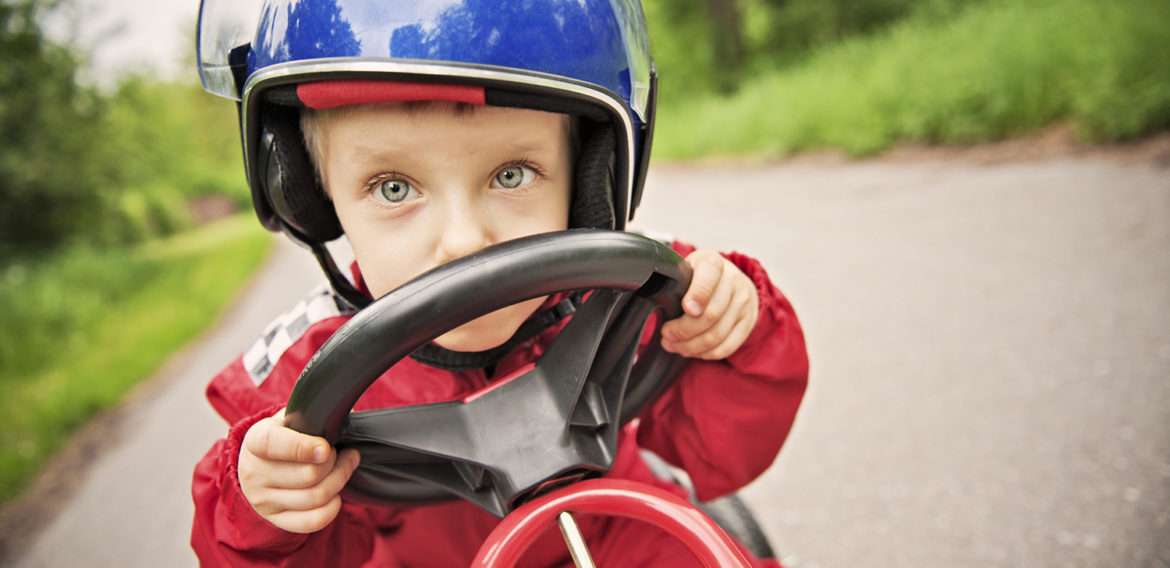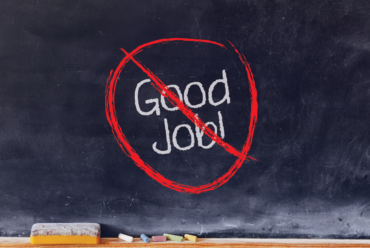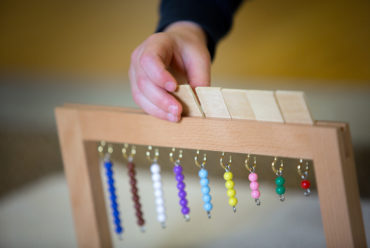Freedom Within Limits Of Responsibility
Article re-posted with permission from Maren Schmidt.
Freedom and responsibility are linked together.
We are free to act when we have the right and also take responsibility.
For example, in our society, we have the right to drive a car. We exercise this privilege to drive by taking the responsibility to learn how to drive, get a license, have a car and the financial obligations that ensue. Then, we have the freedom to drive.
Understanding the relationship between freedom and responsibility can be a difficult one. When we are 14, freedom dreams of driving a red Mercedes convertible down the road at 120 mph, the wind flying. By 30, we know exactly the costs of that freedom in terms of responsibility. The freedom to drive our dream car takes significant responsibility.
Exercising our right to drive, by assuming responsibility for that privilege, allows us the freedom to drive. Maybe not a two-door roadster, but the freedom to drive.
In our country, we have many rights. In America, at 16 we have the right to drive a car. We must assume the corresponding responsibilities of taking care of a car, getting a license, driving carefully as to not harm others or ourselves, and be willing to pay if we cause damage.
We have the right. We take the responsibility. We receive the freedom.
In mathematical terms: Rights + Responsibilities = Freedoms.
As parents and teachers, we fail our children when we allow them freedoms without requiring the necessary responsibilities to obtain that freedom. When we confuse rights and freedoms, we neglect to teach our children how to obtain and keep freedoms.
As effective parents, we limit the freedoms we give our children, enlarging them as our children develop more responsibility. If a freedom is extended before the corresponding responsibility has been established within the life of a child, we place the child at high risk for failure. If we give children cars before they know how to drive, before they understand the cost of money, before they are aware of how their actions can affect others, we invite failure, expensive accidents, serious injury and death.
We want to assure success for our children. To be responsible we need to help our children learn to “respond with ability.” As we observe our children developing abilities, we can offer corresponding freedoms.
For the young child, we limit their freedoms, for example, by not allowing them to go outdoors alone. Once our children show us that they will stay in the yard, wear appropriate clothing, and not endanger themselves by climbing the fence, etc., then we might enlarge their freedoms to include going outside by themselves with our permission.
As the child over the age of six begins to explore the world around him, the issues of freedom and responsibility are many times at the core of power struggles; the child desires a freedom, but lacks the responsible skills to be able to have the freedom. By teaching the skills necessary for the freedom, we can help the child. In other cases, the child might be responsible and we do not allow the freedom, because we consider the child too young. A power struggle ensues. Conflict is created by not allowing responsibility and freedom to follow each other.
For the adolescent, there are times when a freedom has been granted and the responsibility is shrugged. For example there may be a teenager who has earned the freedom to drive the car but gets a speeding ticket or leaves the gas tank empty. The freedom has to be taken away and then re-earned.
The consequence of neglecting a responsibility should correspond to the freedom that flows from it. The freedom to have friends over to spend the night might correspond to the responsibility to help with household chores, or getting schoolwork completed.
The freedom to play with your toys comes from playing with them safely and properly or putting them away correctly.
The freedom to have dessert comes from helping with dinner, brushing your teeth without being told, or eating for proper nutrition.
The freedom to go to a movie comes from taking care of your chores, being respectful of others.
If you are in conflict with your child over desired freedoms, determine if responsibilities match the freedoms requested. If not, sit down and plan with your child (even a three-year-old) how to develop responsibilities that lead to freedom.
Freedom is limited by the ability to respond to a right or privilege. Wise parents limit and give freedom based on the observable abilities of their children. When we understand rights, responsibilities and freedoms, our children will learn to respond with ability, earning freedoms that lead to independence.
Maren Schmidt is an award winning teacher and author, Maren leverages her talents writing and creating online workshops. Montessori school communities enjoy her weekly Kids Talk Newsletters, as well as her workshops, that are full of put-it-into-action advice about children. Maren is an elementary trained Montessori guide with AMI. She founded a Montessori school and her Montessori roles include parent, teacher, and school administrator. Visit MarenSchmidt.com.











No Comments